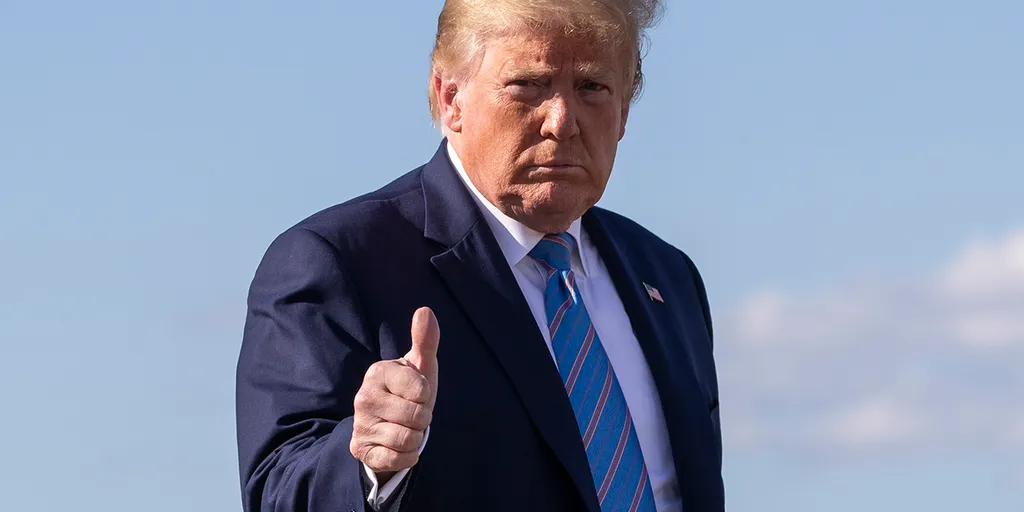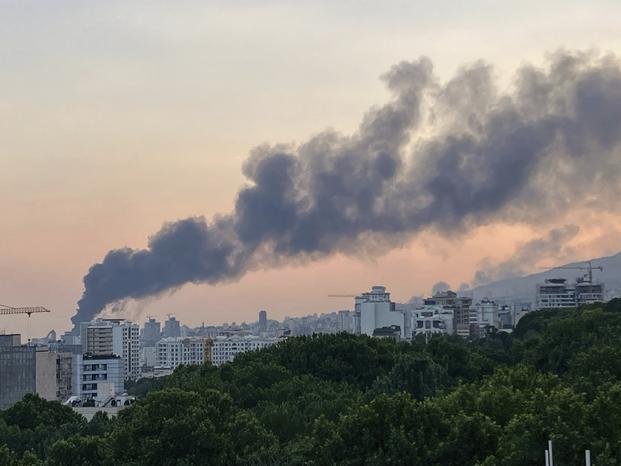Netanyahu"s Bold Move in a Turbulent Time
In a striking display of political maneuvering, Israeli Prime Minister Benjamin Netanyahu nominated former President Donald Trump for the Nobel Peace Prize during a recent White House meeting. This nomination comes at a time when tensions between Israel, Iran, and the United States have reached unprecedented levels, following U.S. airstrikes on Iranian nuclear facilities. The ramifications of this military aggression are profound and far-reaching, raising serious questions about U.S. foreign policy and international law.
Trump"s Peace Efforts Under Scrutiny
During their dinner, Netanyahu praised Trump for his role in the Abraham Accords and claimed he is currently forging peace in the region. However, as reported by Reuters, the ongoing violence between Israel and Hamas since October 2023 contradicts this narrative. The fragile ceasefire negotiated by Trump’s administration is under constant threat, highlighting the illusion of stability in a conflict-ridden region.

President Trump lands Nobel Peace Prize nomination | Fox News Video
The Danger of Militarized Diplomacy
The U.S. strikes on Iran"s nuclear facilities mark a significant departure from diplomatic efforts towards nuclear non-proliferation. According to Brookings, these actions not only threaten to escalate military conflict but also undermine the credibility of the United States as a mediator in the region. The coordinated military operations between the U.S. and Israel signal a shift from strategic partnership to outright military aggression, raising the stakes for regional peace.
Consequences for Regional Stability
The implications of Netanyahu"s nomination of Trump extend beyond personal accolades. As tensions flare, Iran"s response to U.S. aggression could destabilize the entire Middle East. The complex web of alliances and rivalries in the region indicates that any miscalculation could lead to widespread violence. The ongoing conflict has already displaced thousands, exacerbating humanitarian crises in neighboring countries, as noted in discussions around the Iranian conflict and U.S. involvement.

Air Force"s Bunker-Buster Bomb Could Take Out Iran Nuclear ...
The Role of International Law
As military actions escalate, the role of international law becomes increasingly crucial. The U.S. strikes against Iran raise significant legal questions regarding sovereignty and the justification for military intervention. The United Nations and various human rights organizations have been vocal about the necessity for adherence to international norms, yet the U.S. continues to operate outside these frameworks. The consequences for global governance are dire, potentially leading to a breakdown of established diplomatic protocols.

![[Video] Anti-ICE Protester Pepper Sprayed as CBP Agents Disperse Crowd in Minneapolis](/_next/image?url=%2Fapi%2Fimage%2Fthumbnails%2Fthumbnail-1768260677127-y71sb7-thumbnail.jpg&w=3840&q=75)

![[Video] Several injured as U-Haul truck drives through Iranian protestors in Los Angeles](/_next/image?url=%2Fapi%2Fimage%2Fthumbnails%2Fthumbnail-1768176682028-q95y6j-thumbnail.jpg&w=3840&q=75)
![[Video] Scuffle breaks out between Trump supporters and Anti-ICE protesters in Times Square](/_next/image?url=%2Fapi%2Fimage%2Fthumbnails%2Fthumbnail-1768165958203-hgcgb-thumbnail.jpg&w=3840&q=75)


![[Video] Gunfire between Iraqi security forces and Sadr militias in Baghdad](/_next/image?url=%2Fapi%2Fimage%2Fthumbnails%2Fthumbnail-1768343508874-4redb-thumbnail.jpg&w=3840&q=75)
